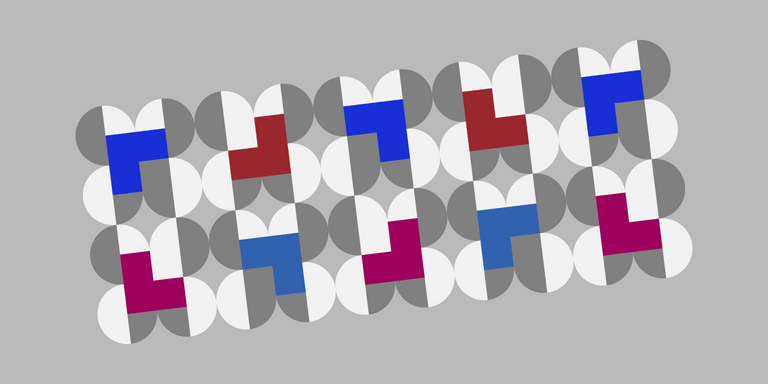From automatic text translation to image generation and audio processing, AI systems have drastically changed how we work. In this post, we'll explore how AI has become a common and useful tool to daily routine and how newer AI systems like OpenAI's ChatGPT are changing the game.
The integration of AI into our daily routine
AI systems have become ubiquitous in the digital agency landscape, making mundane tasks more manageable. For example, text translation services, once considered a human-only activity, can now be accomplished with near-perfect accuracy through AI services. We integrate such tools and enhancements daily into CMS (Content Management Systems) to make customers' work more comfortable. AI has become a vital tool in the digital age, and its seamless integration is crucial if we want to make the best out of a fruitful combination of human and artificial strengths.
The Emergence of New AI Systems
Over the past few years, there has been a shift away from expert systems (such as database-supported assistants) to general artificial intelligence models. We now have access to a wide variety of AI systems that allow us to tackle various tasks. With «prompt engineering», we model a context-specific request to a general AI, which can generate useful results for us. With OpenAI's GPT-3, we can personalise texts based on customer data with «few-shot learning». For exploration and ideation, we can generate images with Stable Diffusion, Midjourney or DALL-E 2, and the people in UX make first attempts with generated layouts from Galileo AI. For text-based audio generation (text to speech), we use Azure services (Microsoft) and Whisper (OpenAI) for speech to text conversion. The emergence of new AI systems has enabled us to provide personalised solutions to customers, while classical tools from Meta or Google stay relevant in certain areas of analytics or marketing.
In software development, we used to start a subtask, a project or an idea with the first step. So first, you created the «foundation» and then built on it. However, for about two years now, there have been various AI services and models that have helped us take this first step more quickly. Instead of, for example, writing the program code for a specific function, today, one might instead write a comment and let the AI «guess» the implementation of the function based on this hint. This works surprisingly well in programming and is easy to integrate into our text editors with extensions. So the AI helps to lay a quick foundation while the programmer can focus on the more demanding tasks.
The future of AI and its impact on work processes
In everyday life with AI, we often have to provide the context, question, or basis to the model. That means we know the problem and now have to judge whether it is more effort to solve the problem ourselves or to explain it to an AI and then improve the generated solution if needed. We already know this «overhead» of work from the classical division of labour.
In the future, the integration and understanding of context will be crucial. Artificial intelligence will have to be able to grasp entire projects and systems to provide appropriate assistance. Particularly in the exchange between customers and service providers, there will be opportunities to build learning systems and processes, to free humans from tedious and purely operational tasks, and thus to gain time to accompany creative processes for the customer and to curate the results of AI.
Conclusion
AI has become an integral part of our daily routine, enabling us to work more efficiently and provide better solutions to customers. As new AI systems emerge, they will continue to change the game, and we must embrace their capabilities to provide even better services in the future. While there will be challenges in integrating and understanding the context of a task, we believe that AI will lead to a more collaborative and productive work environment in the future.
This blog post is based on an interview published on persoenlich.ch and translated and edited with the help of ChatGPT and Janina Kürsteiner. As a free software advocate at Liip, I'm aware of the ethical and licence implications we will face in the future with AI. This text is licensed as creative commons (CC BY-SA 2.0).

